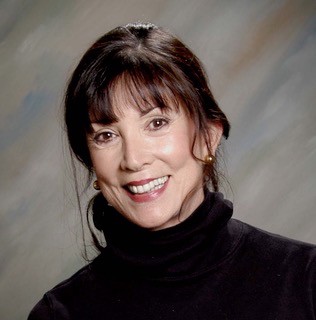Modern fascination with medical intuition, the ability to make a diagnosis without history, physical examination or laboratory studies, can be traced back to Edgar Cayce, “the Sleeping Prophet of Virginia Beach.” The case reports from Cayce are compelling as he did over 8,000 readings about physical ailments before his death in 1945, many of which have confirmation of accuracy. However, despite an abundance of encouraging anecdotes that continue to accumulate to the present day from a growing number of medical intuitives, the scant scientific research to date is inconclusive.
There have been only four studies in the medical literature in the past 25 years which have attempted to investigate this mysterious phenomenon. The first two looked at the general ability of intuitives to make a diagnosis for a variety of medical conditions. One was a qualitative study that had some promising positive results, and the second was a quantitative study that showed a disappointing maximum 14% accuracy. The other two studies looked at specific medical conditions compared to conventional tests. One investigating the ability to determine fertility status showed negative results, and the second looking at low back pain and sciatica demonstrated 54% correlation with MRI scan findings.
The low back pain study is of particular interest as it was done by a leading integrative medicine physician, Steve Amoils, MD, and a top MRI radiologist, Stephen Pomeranz, MD, and one of the two intuitive subjects was Rosalyn Bruyere, DD, an internationally known healer. Their conclusion from the study was that “the practitioners correctly identified disk pathology and pain patterns in a significant number of patients.” Rev. Bruyere will be a keynoter at the Association for Comprehensive Energy Psychology annual conference in San Antonio, TX, where I will be co-presenting a preconference workshop on Messages from the Body: Accessing Somatic Consciousness for Healing.
There are a few physicians who are medical intuitives also, combining their conventional skills with their intuitive abilities. Judith Orloff, MD, is a psychiatrist who suppressed her empathic gifts during medical school only to reclaim them when she finished her residency. Psychiatrist/behavioral neuroscientist Mona Lisa Schulz, MD, PhD, has used her academic background to draw interesting correlations between the psychological literature and the chakras, making scientific sense of ancient teachings about the metaphysical energy centers of the body.
My interest in this field stems from an anomalous experience I had in 1990 with medical intuitive Caroline Myss, PhD, who collaborates with one of my mentors, neurosurgeon Norm Shealy, MD, PhD. Supplied with only the name and age of a young patient she was able to make an accurate diagnosis over the phone of a rare malignant bone tumor that I had detected on an MRI scan a few hours earlier. This paradigm-shifting moment in my radiology career led me to become a founding board member of the American Board of Scientific Medical Intuition which offers certification exams for intuitives.
In 1993 I met another medical intuitive, psychotherapist Winter Robinson, MEd, at the Society for Medical Decision Making annual conference where she led an experiential workshop on intuitive diagnosis. Since all the healthcare professionals who attended were novices, it was remarkable that about half the participants obtained accurate diagnostic information about patients after being given just a name and location. Twenty years later we started leading workshops together at The Monroe Institute on Medical Intuition and Symbolic Diseases. I hope that the intuitive imagery exercises we teach there will inspire much needed additional research in this intriguing field.
Originally published at medium.com


